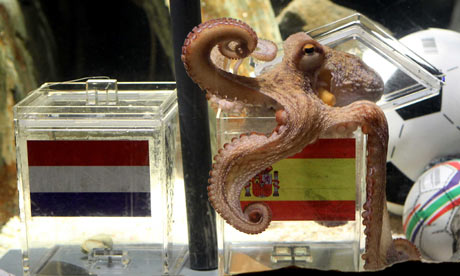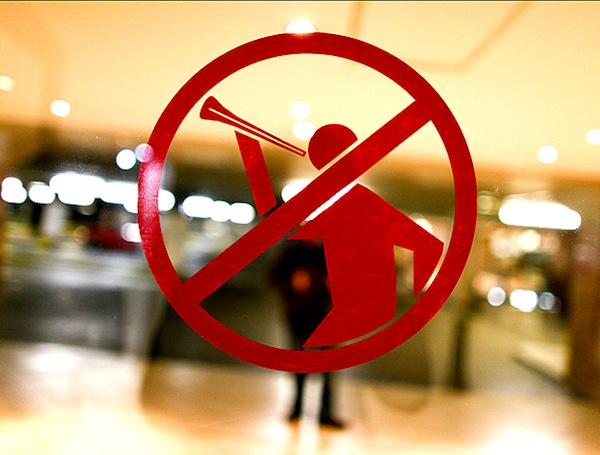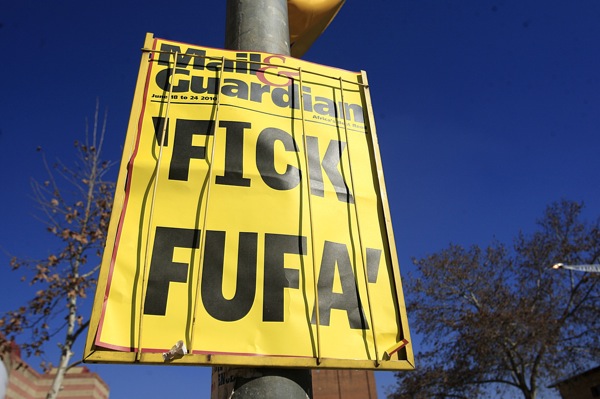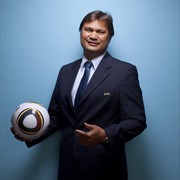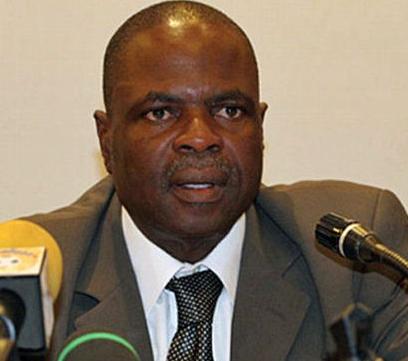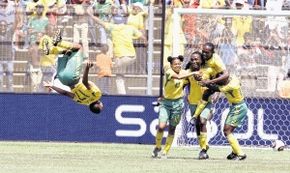
With seven minutes left in the African Women’s Championship opening match between South Africa and Tanzania, the 1-1 stalemate seemed eerily reminiscent of the Bafana-Mexico World Cup opener.
True, the venue was 20,000-seat Sinaba Stadium in Daveyton, east of Johannesburg, and not the 95,000-seat Soccer City Stadium. True, tickets were free (kudos to the organizers). True, nobody on the pitch was a millionaire professional. Still, the capacity crowd’s patriotic fervor demonstrated that continental supremacy and 2011 World Cup qualification are nothing to sneer at.
83 minutes and counting. Banyana Banyana — as the South African women’s team is known — had the Twiga Stars pinned deep in their own end but just could not snap open the valiant visitors’ catenaccio.
Then everything changed. Banyana coach Augustine Makalakalane introduced US-based midfielder Kylie-Ann Louw into the game. Within seconds, Louw collected the ball in the middle of the park, turned and played a ball out wide. She continued her run into the box and received a delightful assist from the right flank. Louw’s one-timed strike was blocked by a Tanzanian defender’s extended arm: penalty! Sitting on the couch, beer in hand, I could almost hear the roar of the crowd above the deafening wailing goats of the vuvuzelas.
Star midfielder Mamello Makhabane, steely eyed yet relaxed, placed the ball on the spot. The weight of the Nation on her shoulders? Makhabane buried the PK with a crisp shot to the goalkeeper’s right. Laduuuuuuma!!
Maybe this is what it would have felt had Bafana’s lone(ly) Katlego Mphela finished his chance against Mexico, instead of hitting the post with a minute left . . .
In the dying moments of the Banyana game, the counter-attacking Twiga Stars got a player sent off for diving — a harsh second yellow according to the TV replay. 2-1 the final score. An exciting finish that must have left at least some television viewers clamoring for more AWC action.
Banyana play Nigeria next in the biggest contest of the group stage. Unfortunately, the 11am kickoff will preclude many, if not most, of us from watching on TV. What a glorious missed opportunity.
